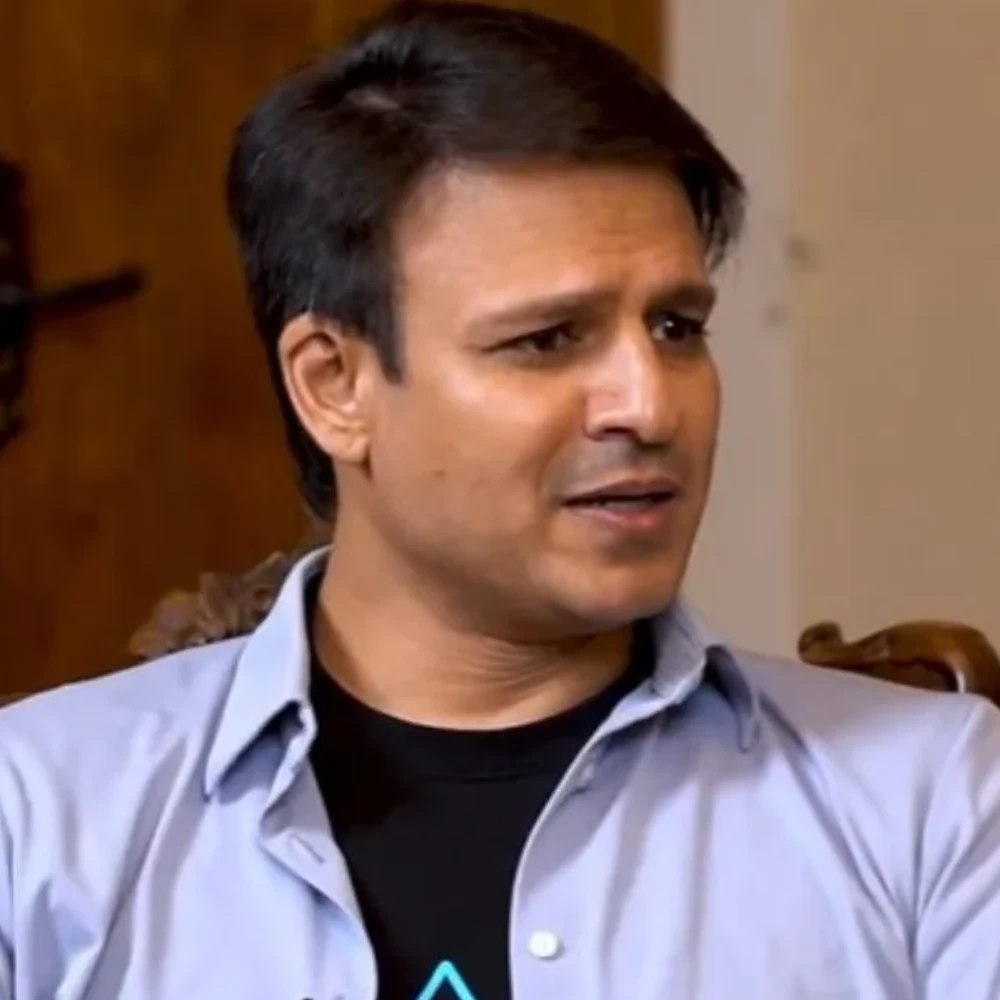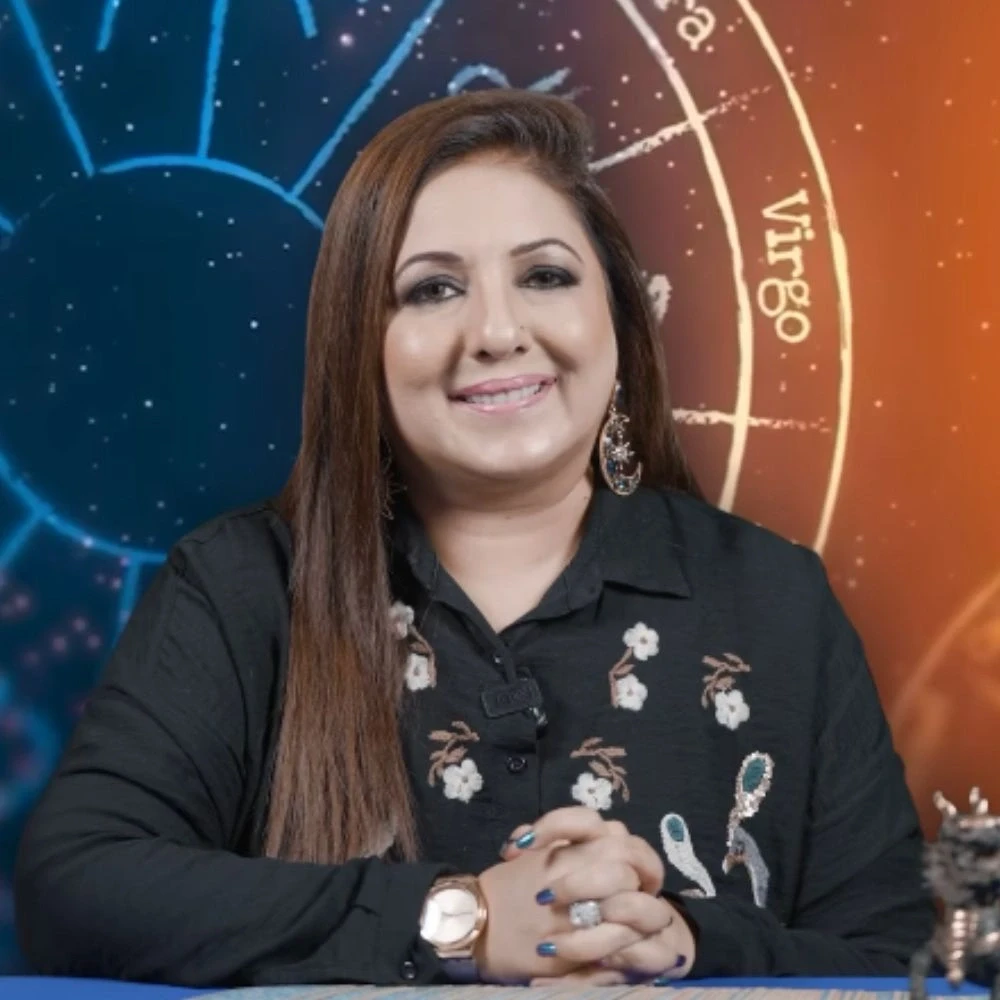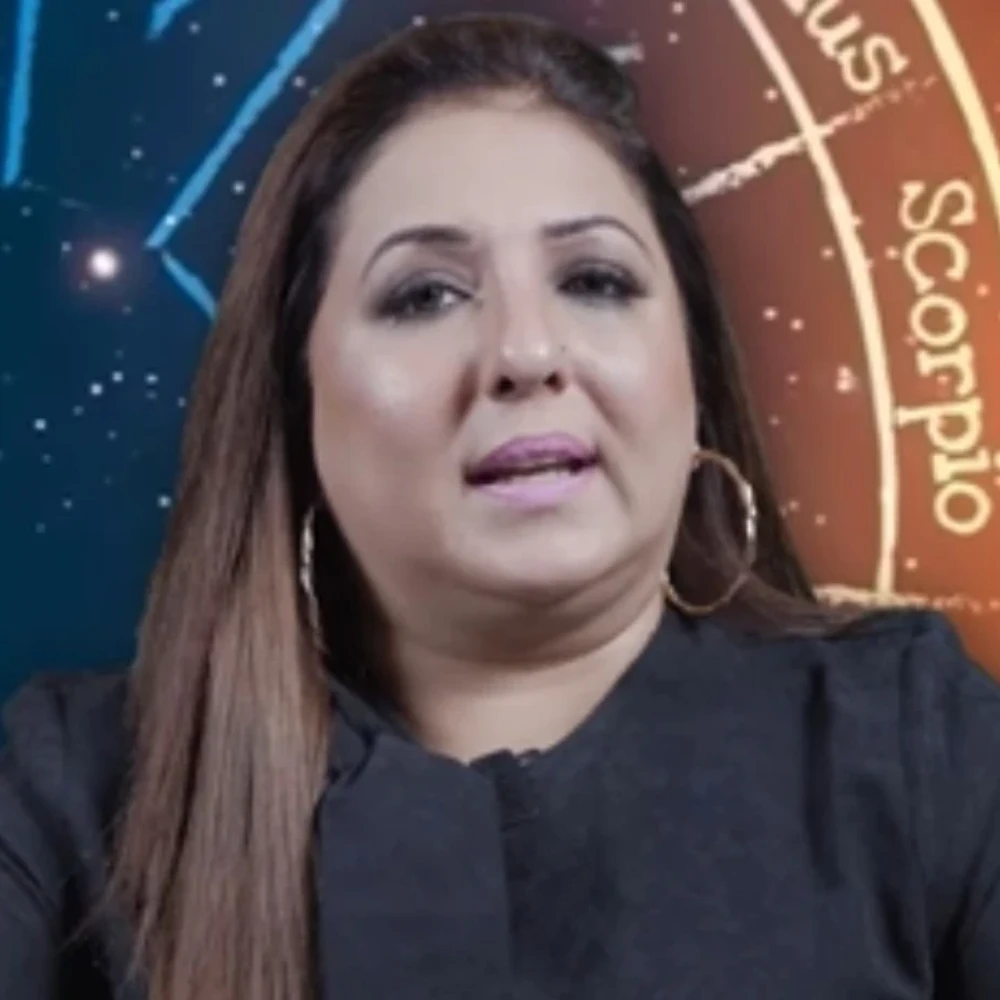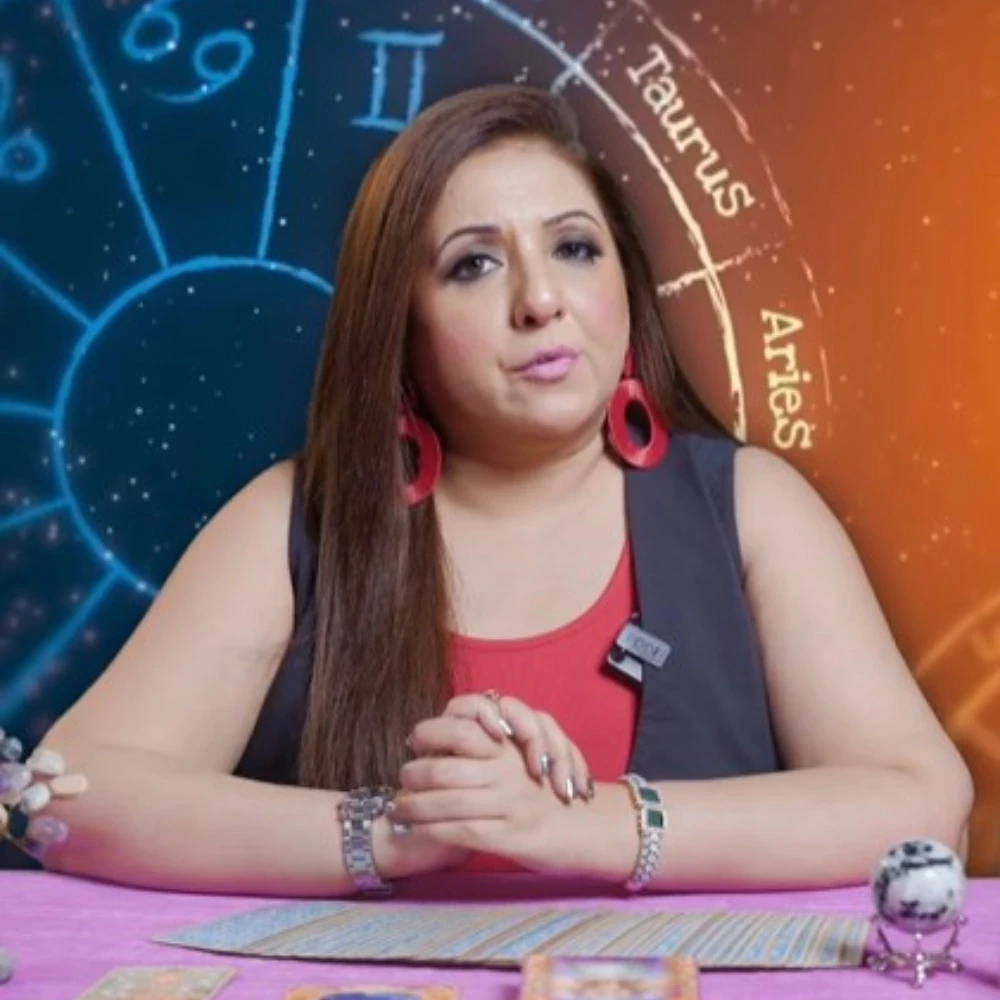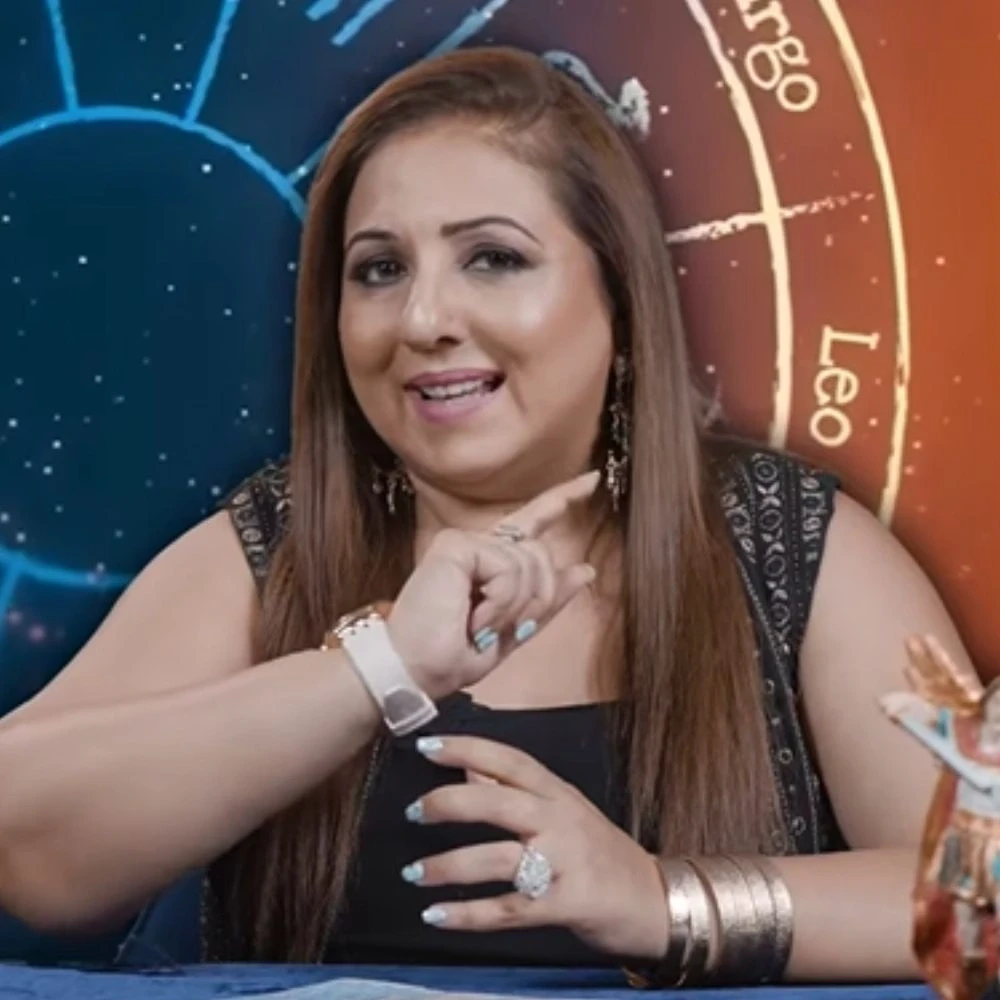Coping with a Toxic Mother: Strategies for Self-preservation And Healing
Discover effective strategies for dealing with a toxic mother, and prioritize your self-care and healing journey. Here are some tips to navigate the challenges and reclaim your emotional well-being.

Dealing with a toxic mother can be incredibly tough. It's like walking on an emotional minefield, never knowing when the next explosion will happen. Whether it's constant criticism, manipulation, or outright emotional abuse, having an unloving mother can leave deep scars and make you question your self-worth.
Many people have experienced the same struggle and found ways to cope and heal. The first step is recognizing the toxicity in your relationship with your mother. It's not always easy because toxic people can be masters of disguise, making you feel guilty for questioning their behavior. In this article, we'll dive into strategies for dealing with a toxic parent in a way that protects your overall well-being. So let's get started and find ways to navigate this challenging terrain together. We'll also dive into the effects of an unhealthy mother-child relationship, and toxic traits and provide insights on setting boundaries, seeking support, and prioritizing self-care.
What Is a Toxic Mother?
A toxic mother refers to a mother who consistently exhibits harmful or destructive behavior or negative traits towards her child or children. This behavior can encompass various forms of emotional, psychological, or even physical abuse. A toxic mom may engage in manipulative tactics, use guilt or shame to control her children, constantly criticize and belittle them, or create an environment of fear and instability.
One key characteristic of a toxic mom is the consistent and pervasive nature of her harmful behavior. It's not just about occasional disagreements or conflicts that can arise in any relationship. Instead, toxic moms often exhibit a pattern of toxic behavior that significantly impacts their children's well-being and sense of self.
It's important to note that a toxic parent can take different forms and display different behaviors. Some mothers may be overtly abusive and aggressive, while others may be more subtle in their manipulation and emotional control. Regardless of the specific behaviors, the common thread is that the mother's actions consistently undermine her child's emotional and psychological growth.
15 Signs of a Toxic Mother You Need to Be Wary of
Here are a few signs which may help you recognize if your mother is a loving mom or a nasty mom.
1. She Constantly Criticizes You

An unloving mother consistently finds faults and flaws in her child, often criticizing their appearance, abilities, or choices, which can lead to a diminished sense of self-worth. This consistent criticism can create a destructive cycle of self-doubt and insecurity, impacting the child's overall well-being and relationships with others.
2. She Is Manipulative
They are skilled at manipulating their children to get what they want, using guilt, emotional blackmail, or playing mind games to control their child's thoughts and actions. By leveraging these manipulative tactics, they aim to maintain power and control over their children, further perpetuating an unhealthy dynamic of dependency and fear. Recognizing these manipulative behaviors is crucial for the child to break free and establish healthy boundaries for their own well-being.
3. She Has Unstable Mood Swings
They may have unpredictable mood swings, going from extreme anger to intense affection or vice versa, leaving the child feeling on edge and uncertain of how to please them. The unpredictable mood swings of toxic mothers create a negative environment where the child constantly fears making mistakes or triggering their mother's anger, leading to heightened anxiety and hypervigilance. This emotional rollercoaster leaves the child yearning for stability and validation, often resulting in a diminished sense of self and difficulty forming healthy relationships
4. She Gaslights You

Toxic mothers may distort reality, denying their hurtful behavior or making the child question their own perceptions, memories, or emotions, leading to confusion and self-doubt. By gaslighting and distorting reality, they undermine the child's sense of trust in themselves and their own experiences, leaving them trapped in a cycle of self-doubt and confusion. It is crucial for the child to seek validation from outside sources and trust their own instincts to break free from this manipulative tactic.
5. She Doesn’t Respect Boundaries
Invading their child's privacy and disregarding their need for autonomy, toxic moms undermine the development of healthy boundaries and individuality, stifling the child's personal growth and independence. Establishing clear boundaries and seeking support from trusted individuals can help the child reclaim their right to privacy and autonomy.
6. She Neglects You
The emotional unavailability or neglectful behavior of a toxic parent can leave the child feeling abandoned, lonely, and starved for love and affection, hindering their emotional development and sense of self-worth. Seeking support from other caring individuals can help fill the emotional void and foster healing and growth for the child.
7. Her Love Is Conditional
Love and approval from a toxic mother may be contingent on the child meeting specific expectations or fulfilling the mother's needs, leading to a constant fear of rejection or abandonment. The conditional love and approval of a parent create an unhealthy dynamic where the child is forced to prioritize the mother's needs over their own, perpetuating a cycle of people-pleasing and self-neglect. Recognizing their inherent worth and seeking relationships built on unconditional love and acceptance is essential for the child's well-being and personal growth.
8. She Always Makes Comparisons

They may compare their children unfavorably to others, pit siblings against each other, or show blatant favoritism, causing resentment and feelings of inadequacy. By engaging in such harmful behaviors, they sow seeds of rivalry and discord among their children, fostering a toxic sibling dynamic and further eroding the children's self-esteem and sense of worth. Healing and building healthy relationships with siblings can begin by acknowledging the unfairness and seeking support to address the emotional wounds caused by these actions.
9. She Is Insecure
They may project their own insecurities, fears, or failures onto their child, making the child feel responsible for the mother's emotions or burdens. By projecting their insecurities onto their child, toxic moms burden them with an unfair weight, undermining the child's sense of self and creating a false sense of responsibility for the mother's emotions. Recognizing this projection allows the child to differentiate their own identity from the mother's and prioritize their own emotional well-being.
10. She Blackmails You

Through emotional manipulation tactics like threatening to withhold love or support, toxic parents exert control over their children, coercing them into compliance and suppressing their own needs and desires. Recognizing this manipulation is crucial for the child to establish boundaries and prioritize their own emotional well-being.
11. She Tries to Control Everything
They may exert excessive control over their child's life, dictating their choices, friendships, or career path, stifling the child's autonomy and independence. By exerting excessive control, toxic mothers strip away their child's ability to make decisions and shape their own life, hindering their personal growth and development of self-identity. Breaking free from this control is essential for the child to reclaim their autonomy and pursue their own path to fulfillment and happiness.
12. She Lacks Empathy
A toxic mother may struggle to empathize with her child's feelings or needs, dismissing or minimizing their emotions, and failing to provide the comfort and understanding they require. The lack of empathy from her leaves the child feeling invalidated, unheard, and emotionally neglected, which can have long-lasting effects on their ability to express emotions and form healthy relationships. Seeking support from empathetic individuals can help the child heal and develop a stronger sense of emotional well-being.
13. She Is Overly Critical

They may set impossibly high standards for their children, constantly pushing them to achieve perfection and leaving the child feeling constantly inadequate. They may use emotional manipulation, guilt-tripping, or even verbal and physical abuse to ensure that their child remains obedient and submissive. This can create a toxic cycle where the child feels trapped and unable to break free from their mother's toxic influence.
14. She Makes You Question Your Decisions
A key trait of a toxic mom is that she always judges the abilities of her kids to make decisions in their lives. It’s true that parents have seen more life than us and so they are experienced in various things — but if you see your mother questioning every decision of yours, even if you know it’s for the best, it could be an indication that she is toxic.
15. She Is Abusive
In extreme cases, she may engage in emotional or physical abuse, inflicting deliberate harm on their child through verbal or physical aggression, leading to significant psychological and emotional trauma.
It's important to remember that the presence of one or more of these signs does not automatically classify someone as toxic. However, if you consistently experience several of these behaviors and they have a detrimental impact on your well-being, it may be an indication of a toxic mother-child relationship. Seeking support from trusted individuals or professionals can be valuable in navigating such situations.
How to Deal with a Toxic Mother — 8 Tips to Try
Dealing with a toxic parent can be challenging, but there are strategies you can employ to protect your well-being. Here are some suggestions:
1. Set Boundaries
Establish clear boundaries to protect yourself from toxic behavior. Communicate your boundaries calmly and assertively, and enforce them consistently. This may involve limiting contact, reducing the topics you discuss, or establishing guidelines for acceptable behavior.
2. Seek Support
Reach out to your friends, family members, or colleagues who can provide guidance, validation, and emotional support. Having a supportive network can help you cope with the challenges and gain perspective on your experiences.
3. Practice Self-care
Prioritize your own well-being and engage in activities that promote self-care. This can include hobbies, exercise, mindfulness practices, or spending time with positive influences. Taking care of yourself physically, mentally, and emotionally is crucial in navigating a toxic relationship.
4. Set Realistic Expectations
Accept that you may not be able to change your toxic mother or make her behave differently. Adjust your expectations to protect your own emotional well-being. Recognize that you cannot control her actions, but you can control how you respond and take care of yourself.
5. Seek Therapy

Consider engaging in therapy or counseling to work through the emotional impact of the toxic relationship. A professional can provide guidance, help you develop coping strategies, and support your healing process.
6. Develop Healthy Coping Mechanisms
Find healthy ways to cope with the stress and emotional turmoil caused by the toxic relationship. This may involve journaling, practicing relaxation techniques, engaging in creative outlets, or pursuing activities that bring you joy and peace.
7. Practice Self-compassion
Be kind to yourself and acknowledge that you deserve love and respect. Practice self-compassion by challenging negative self-talk and embracing self-care practices that nurture your well-being.
8. Consider Setting Physical Distance
In some cases, physical distance from a toxic parent may be necessary for your well-being. If the toxic behavior is consistently harmful and impacts your mental health, you may need to establish a healthy distance or, in extreme cases, consider limiting or cutting off contact for your own protection.
Should You Cut off Contact with Your Toxic Mother?
Deciding whether to cut off contact with a toxic parent is a deeply personal and complex decision that depends on your specific circumstances and the level of toxicity in the relationship. Here are some factors to consider when contemplating this decision:
- The Extent of Toxicity: Assess the level of toxicity in your relationship with your mother. Is the negative behavior consistent and pervasive? If the toxicity is severe and poses a consistent threat to your health and happiness, cutting off contact may be a valid option.
- Safety Concerns: If your mother's toxic behavior extends to physical abuse, threats, or any form of violence, your safety must be the top priority. In such cases, it may be crucial to cut off contact to protect yourself from harm.
- Exhausted All Other Options: Have you tried setting boundaries, seeking therapy, or engaging in open communication with your mother to address the issues in the relationship? Cutting off contact should be a last resort after exhausting all possible avenues for reconciliation or improvement.
- Impact on Your Well-being: Evaluate how the toxic relationship affects your mental health, self-esteem, and overall quality of life. Consider whether the negative impact outweighs any potential benefits of maintaining contact. If the toxicity constantly undermines your well-being, detaching yourself from the toxic dynamics may be necessary for your own growth and healing.
- Ability to Establish Boundaries: Determine if your mother is willing and capable of respecting your boundaries. If she consistently disregards your needs, violates your boundaries, or refuses to take responsibility for her toxic behavior, maintaining contact may perpetuate a cycle of emotional harm and hinder your personal growth.
- Support System: Assess the strength of your support network outside of your relationship with your mother. Do you have trusted friends, family, or professionals who can provide emotional support and guidance? Having a solid support system can help alleviate the potential feelings of isolation that may arise from cutting off contact.
- Future Potential for Change: Consider the likelihood of your mother changing her behavior. While people can evolve and grow, genuine change requires acknowledgment of toxic patterns and a commitment to seeking help and making amends. If there is little evidence of genuine effort or willingness on your mother's part, it may be challenging to maintain a healthy and fulfilling relationship.
Conclusion
Deciding to cut off contact with a toxic mother is a difficult and deeply personal choice that should be made with careful consideration of your well-being. If you do choose to cut off contact, it is important to anticipate the emotional challenges that may arise and seek support from therapists, support groups, or trusted individuals. Healing and finding closure may require ongoing self-care practices and a commitment to prioritizing your well-being.
Remember that your decision is an act of self-love and personal growth. It is important to acknowledge that you deserve a safe and healthy environment, free from toxic dynamics. Trust yourself, surround yourself with support, and take the necessary steps to create a fulfilling and balanced life. It is a courageous decision to prioritize yourself and create the space for healing and growth. Trust in your own strength and resilience as you navigate the complexities of a toxic parent-child relationship, and remember that seeking professional guidance can provide invaluable support along the way.
ALSO READ: 6 Toxic things parents should NEVER say to their kids
40 Thought-provoking Toxic In-laws Quotes to Deal with Negativity





 JOIN OUR WHATSAPP CHANNEL
JOIN OUR WHATSAPP CHANNEL












